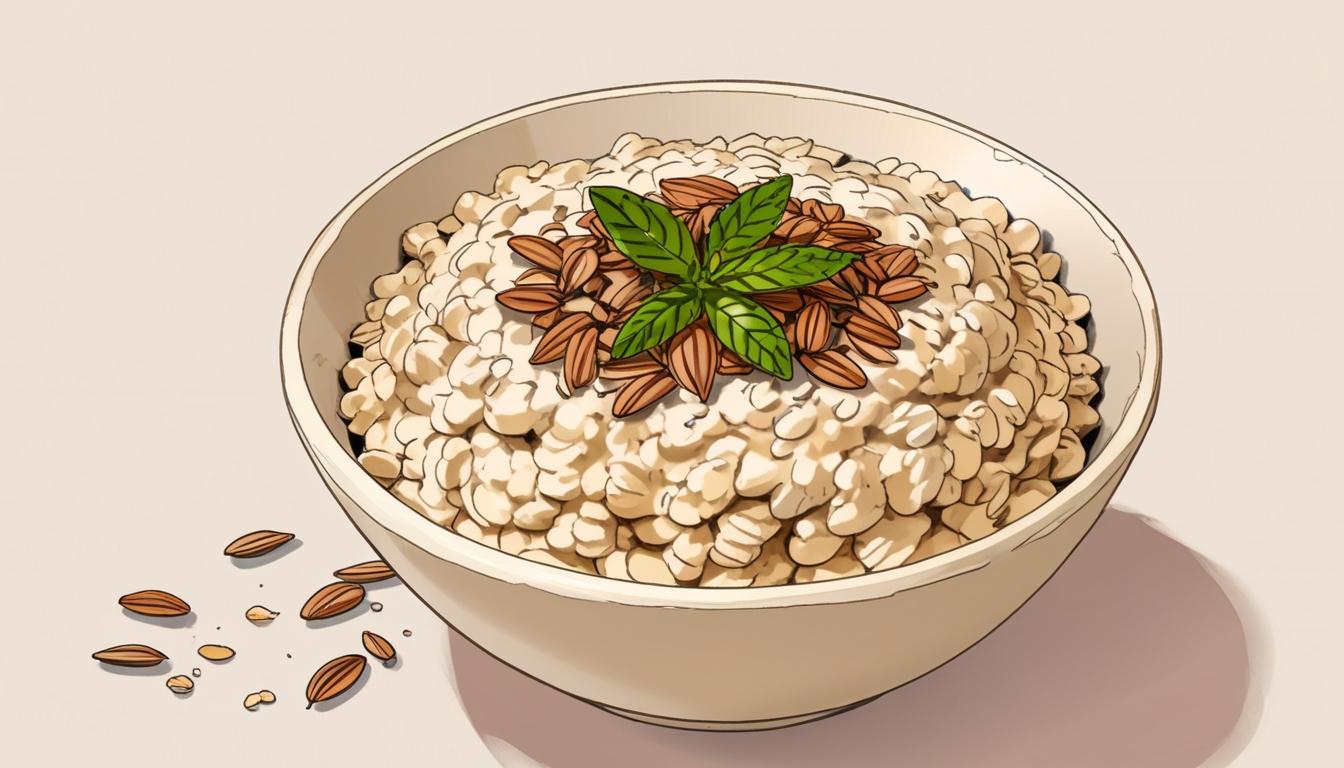Heart specialists from the British Heart Foundation (BHF) have identified two specific foods that have the potential to lower cholesterol levels in a manner similar to statin medications, which are commonly prescribed to manage high cholesterol. These findings could be particularly advantageous for patients who are at high risk and currently on statins, yet find it challenging to control their cholesterol levels effectively.
Cholesterol is present in two primary forms: Low-density lipoprotein (LDL), often termed "bad" cholesterol, and High-density lipoprotein (HDL), known as "good" cholesterol. Elevated levels of LDL cholesterol can lead to the formation of fatty deposits, or plaques, within the arteries, which can narrow the blood vessels and impede blood flow. This situation increases the risk of cardiovascular events such as heart attacks and strokes.
Numerous dietary options claim to assist in the regulation of cholesterol levels, with special emphasis on the need for a balanced diet, regular exercise, and maintaining a healthy weight. Among the foods identified, oats and plant sterols/stanols stand out for their cholesterol-lowering properties.
Oats are rich in beta-glucan, a type of soluble fibre that helps to trap bile acids, which are made from cholesterol, in the digestive system. As a result, the liver draws more cholesterol from the bloodstream to produce additional bile, thereby lowering LDL cholesterol levels. Research published in the British Journal of Nutrition indicates that participants who consumed 3.5 grams of beta-glucan daily showed a 4.2% reduction in LDL cholesterol after three to twelve weeks. The recommended daily intake set by the FDA for cholesterol-lowering benefits from beta-glucan is 3 grams.
Plant sterols and stanols, meanwhile, mimic cholesterol on a structural level, which allows them to compete for absorption in the intestines and subsequently prevent cholesterol from entering the bloodstream. A comprehensive review of studies published in 2014 in the same journal found that consuming up to 3.3 grams of these compounds daily could reduce LDL cholesterol by between 6% to 12% within four weeks. However, typical dietary sources provide only a fraction of this amount unless individuals consume fortified products designed to deliver a higher dose of these substances.
It is noted that while these dietary components can assist in lowering cholesterol, they should not be considered replacements for prescribed statin medications, which have been proven to significantly decrease both cholesterol levels and the risks associated with heart disease. The BHF reiterated that, "While plant sterols and stanols may lower your cholesterol, there have been no clinical trials that show they lower the risk of heart attack and stroke."
To summarise, oats and plant sterols/stanols represent potential natural options for those seeking to manage cholesterol levels. However, patients are advised to consult their healthcare professionals or registered dietitians before making significant dietary changes or incorporating these foods into their regimen, particularly if they are already on cholesterol-lowering medications or have pre-existing health conditions.
Source: Noah Wire Services
